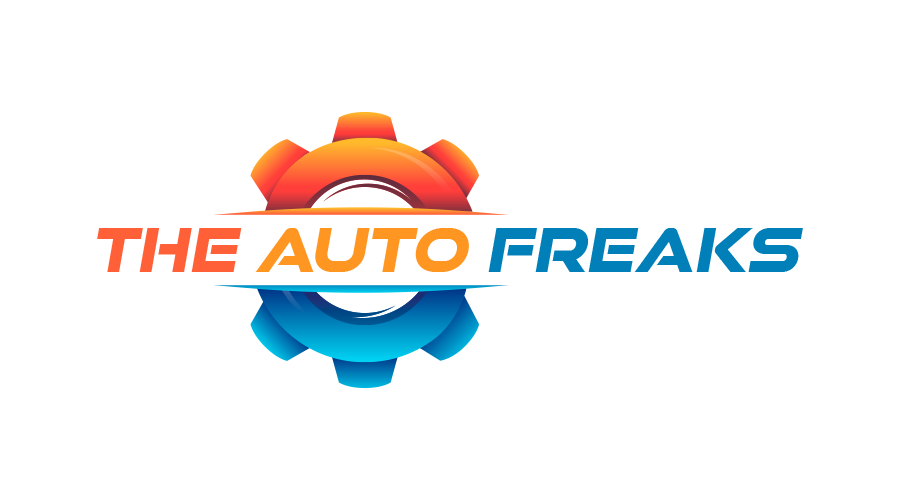When it comes to construction or mining projects, having the right aggregate equipment is crucial. Whether you’re involved in producing gravel, crushed stone, or sand, aggregate equipment serves as the backbone of operations, ensuring efficiency and productivity. However, purchasing the right equipment requires careful planning and consideration. To guide you through this process, we’ve compiled an essential checklist for buying aggregate equipment for sale.
Assess Your Project’s Needs
Before making any purchase, it’s vital to understand the specific requirements of your project. Are you working on a large-scale mining operation, or do you need equipment for a smaller construction project? The equipment you require will depend on the size and nature of your job. From crushers and screeners to conveyors and washing systems, each piece of equipment serves a unique purpose. Knowing your project’s scale and objectives will help you narrow down your options and avoid over-purchasing or under-equipping.
Determine Your Budget
Setting a clear budget will help you make well-informed judgments because aggregate equipment is a substantial investment. Consider not only the upfront cost but also the long-term expenses associated with maintenance, repairs, and operation. Even though high-end equipment could have cutting-edge capabilities, make sure it fits within your budget and offers good value. Comparing prices across sellers can also help you find competitive deals without compromising on quality.
Research Equipment Types And Brands
The market for aggregate equipment is vast, with numerous manufacturers offering a range of options. Take the time to research different types of equipment and their functionalities. For example, cone crushers are ideal for secondary crushing, while vibrating screeners are perfect for separating materials based on size. Additionally, look into reputable brands known for reliability, durability, and after-sales support. Customer reviews and industry recommendations can provide valuable insights.
Inspect The Condition (For Used Equipment)
If you’re considering used aggregate equipment, thoroughly inspect its condition before purchase. Examine for indications of corrosion, wear and tear, or mechanical problems that might impair functionality. Ensure that all parts, such as belts, screens, and motors, are in good working order. Request maintenance records to understand the machine’s history and identify potential future issues. A professional inspection by a technician can offer added assurance.
Evaluate Efficiency And Capacity
The efficiency and capacity of aggregate equipment directly impact project timelines and productivity. Make sure the machinery you select can process the necessary amount of material in the time range you have in mind. Machines with higher capacity might cost more initially but could save money in the long run by reducing operational downtime and labor costs. Balancing capacity with your project’s scale is key to optimizing efficiency.
Consider Mobility And Space Requirements
Some projects require equipment to be moved frequently, while others may involve stationary setups. Determine whether you need portable or stationary aggregate equipment based on your project’s location and workflow. Additionally, evaluate the space available at your site to ensure the equipment can be easily accommodated without disrupting other operations.
Check For Compliance With Regulations
Purchasing aggregate equipment that complies with local and industry-specific regulations is crucial. Ensure the machinery meets safety and environmental standards to avoid fines or legal complications. This includes noise levels, emissions, and dust control systems. Sellers should provide documentation proving compliance, and you should verify this information during the buying process.
Prioritize After-Sales Support And Warranties
A reliable warranty and robust after-sales support can save you significant time and money in the long run. Ask the seller about the warranty period, coverage, and terms. Additionally, inquire about available maintenance services, spare parts, and customer support options. Having a solid rapport with the maker or seller will help resolve any problems that may come up over the equipment’s lifetime.
Test Before Purchase
If possible, request a demonstration or test run of the equipment before finalizing the purchase. This enables you to evaluate its functionality, usability, and suitability for your project’s needs. Additionally, testing might identify possible problems that a visual assessment might miss.
Explore Financing Options
If the upfront cost of aggregate equipment is beyond your current budget, explore financing options offered by manufacturers or third-party lenders. Leasing or financing can make it easier to acquire high-quality equipment without compromising cash flow. Before signing any financial deal, be sure you comprehend all of its terms and circumstances.
Plan For Maintenance And Operation
Even the best aggregate equipment requires regular maintenance to perform at its peak. Before purchase, consider the availability of spare parts and the cost of routine maintenance. Training operators on proper usage and safety protocols can also reduce wear and tear, extending the lifespan of your equipment.
Conclusion
Purchasing aggregate equipment for sale is an important choice that may affect how well your mining or construction project turns out. You can make sure you make an informed purchase that fits your long-term objectives, budget, and operational needs by using this checklist. Recall that the secret to optimizing the return on your investment is careful planning and study.

